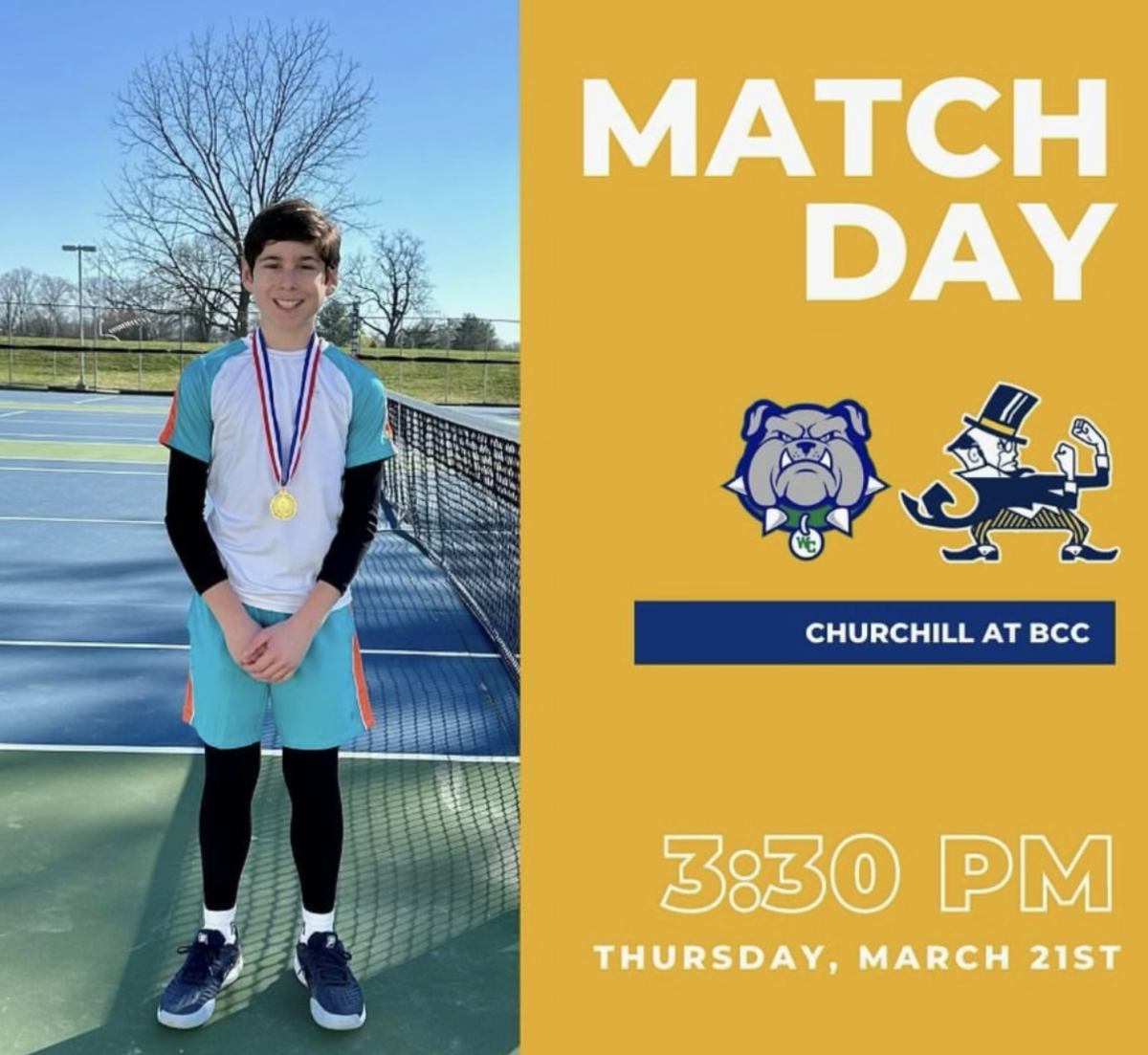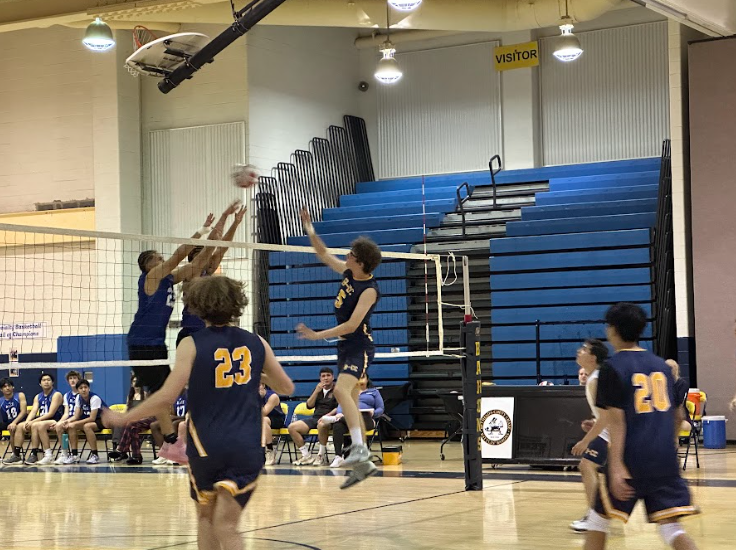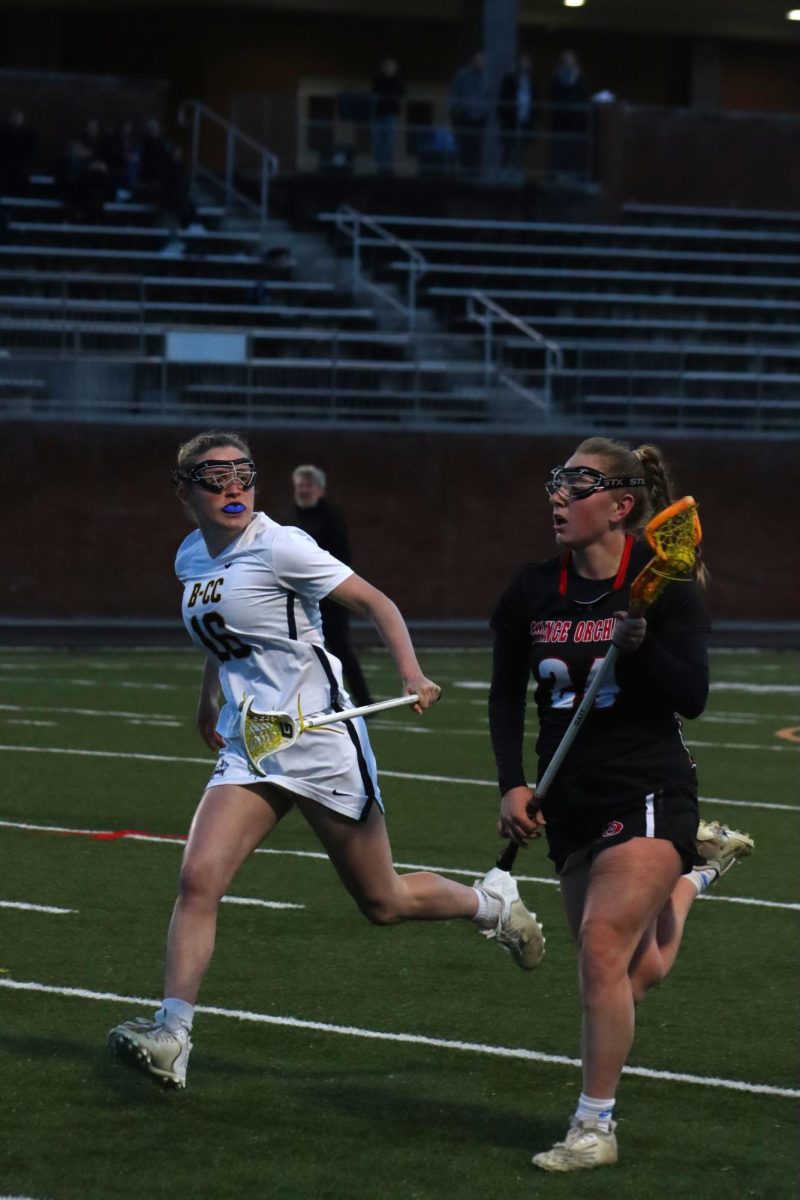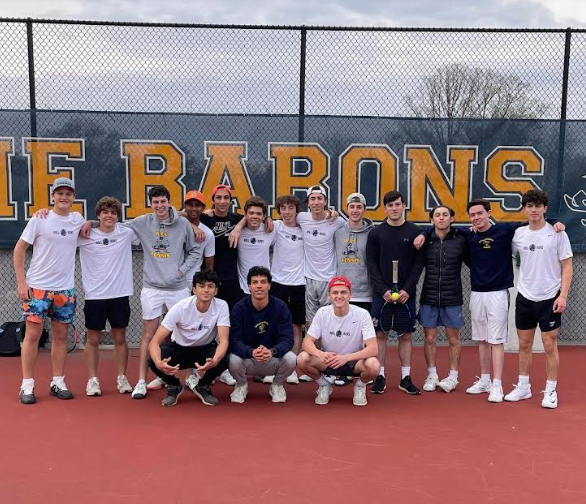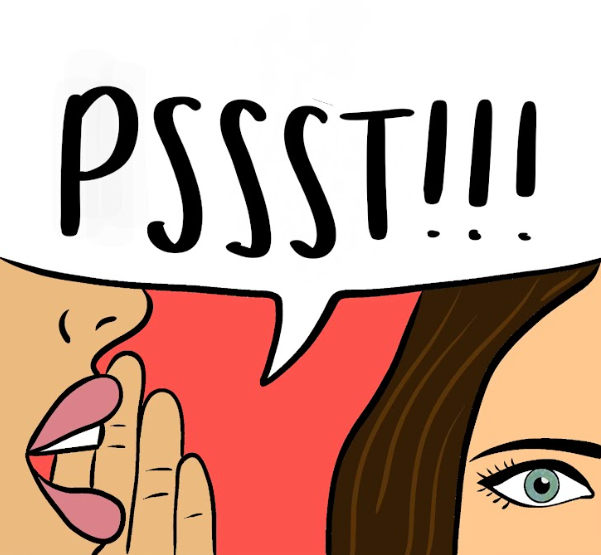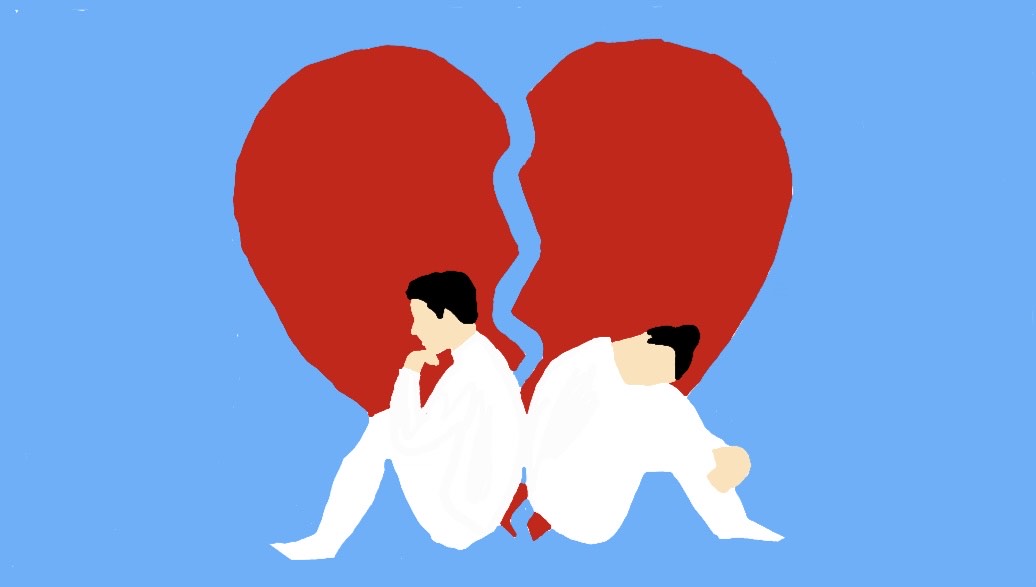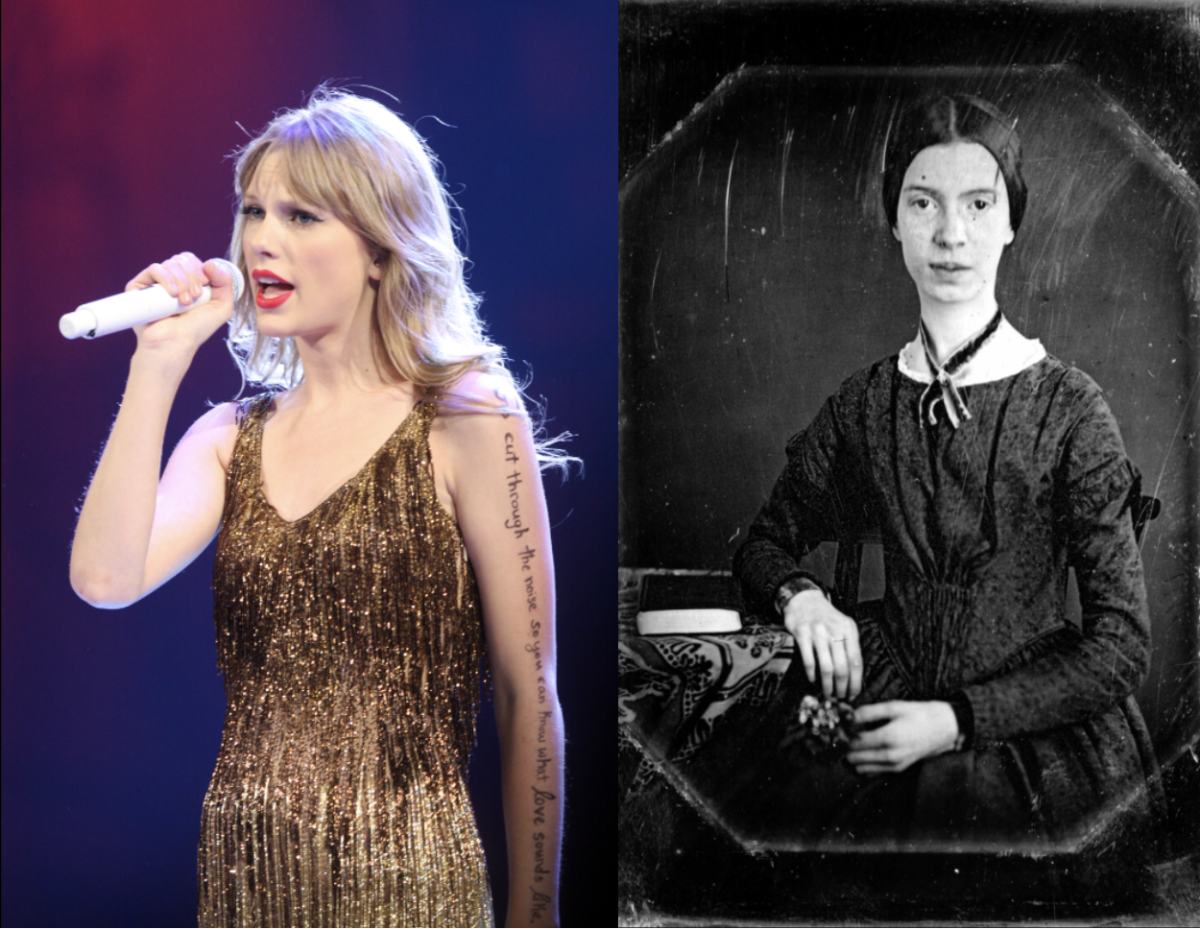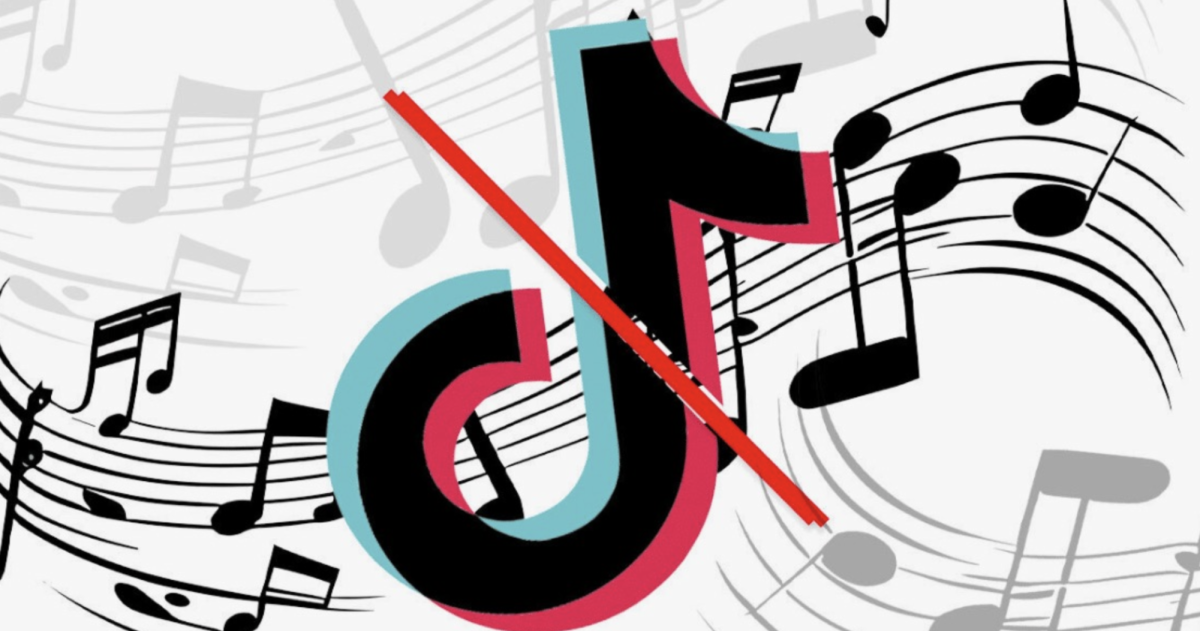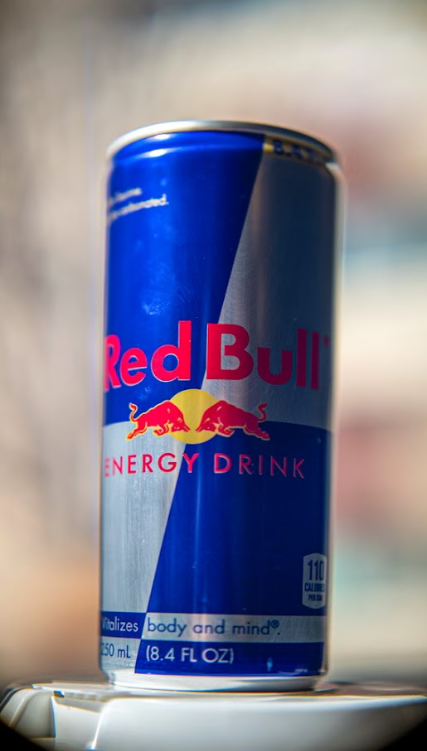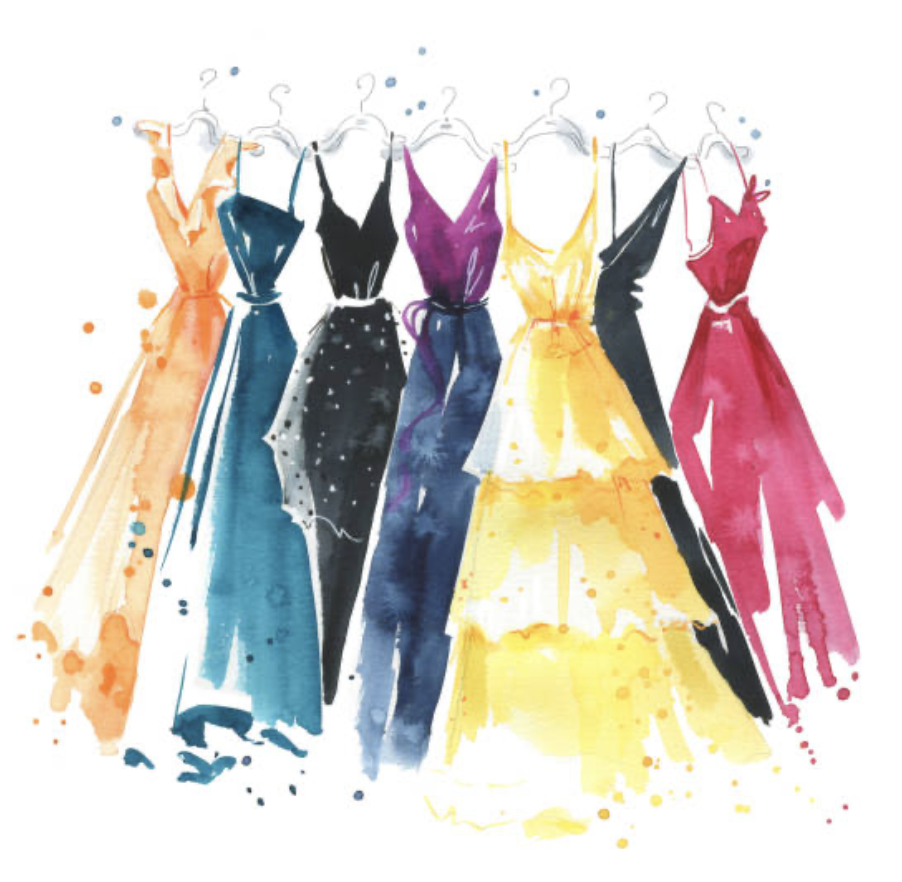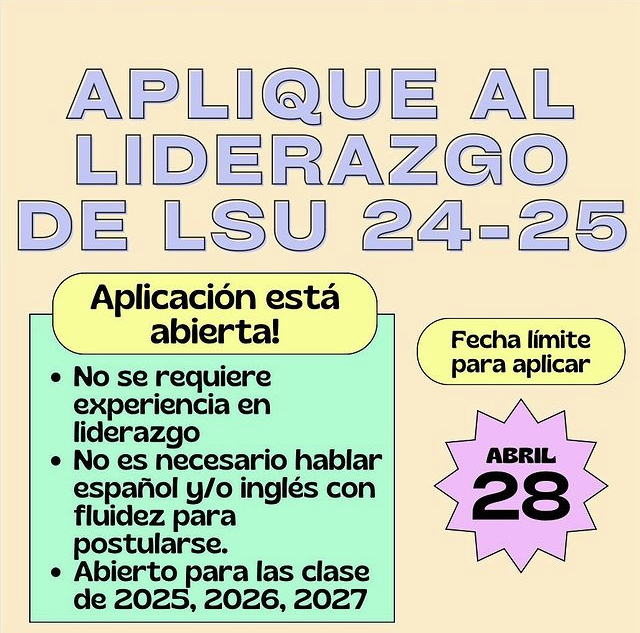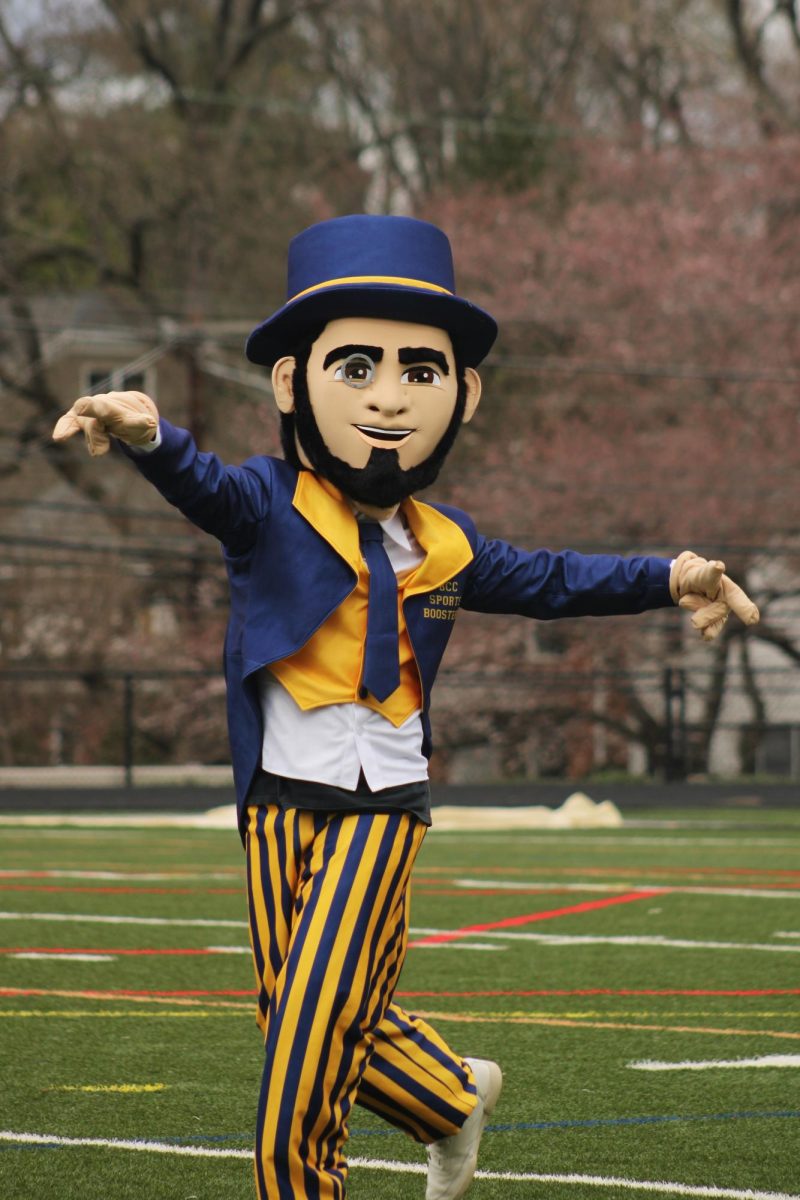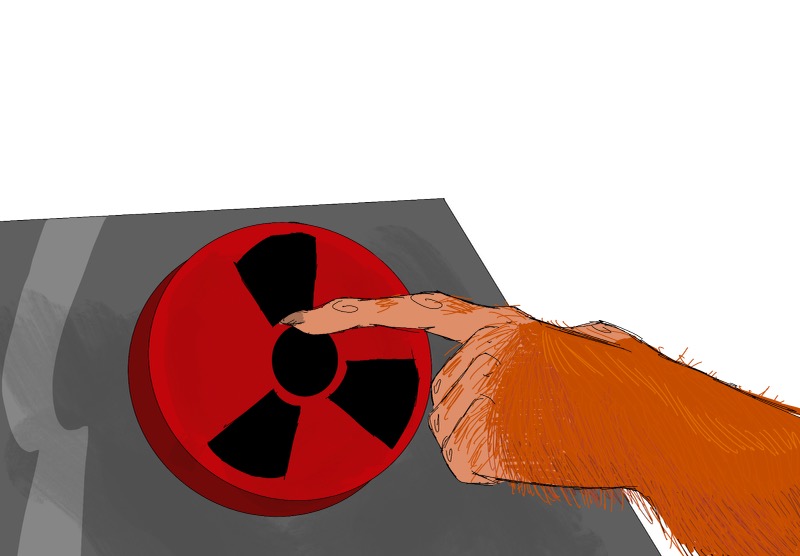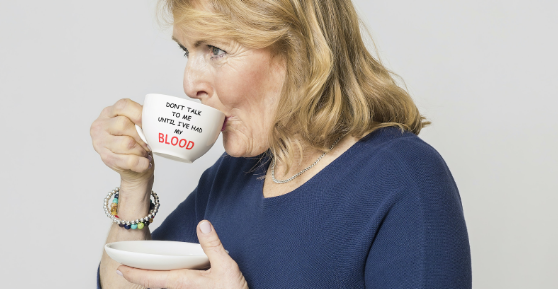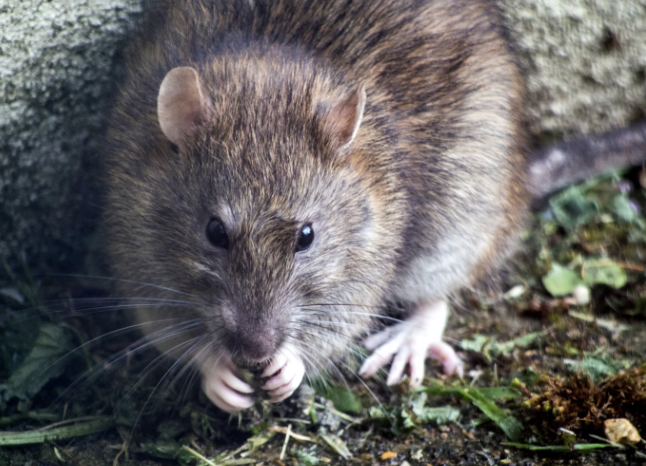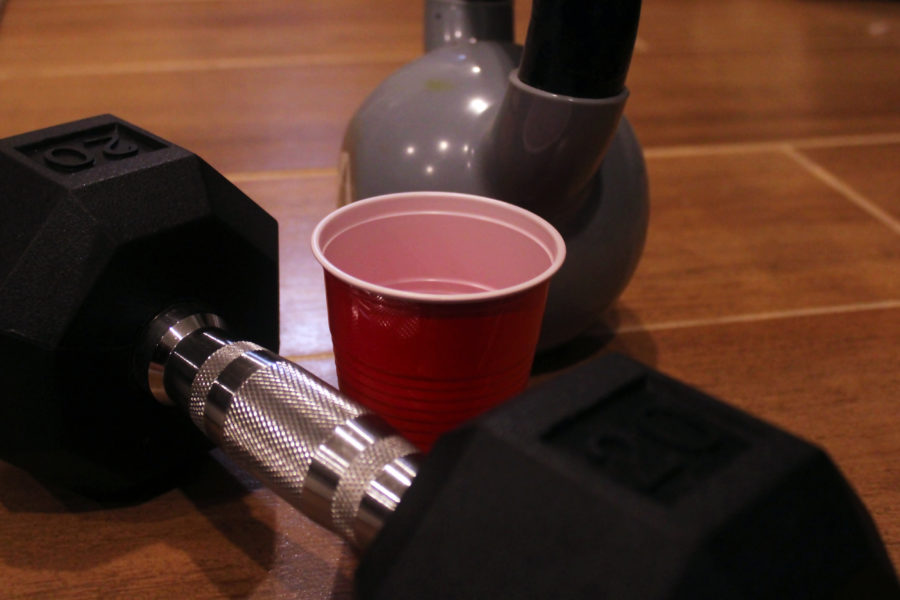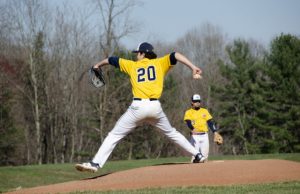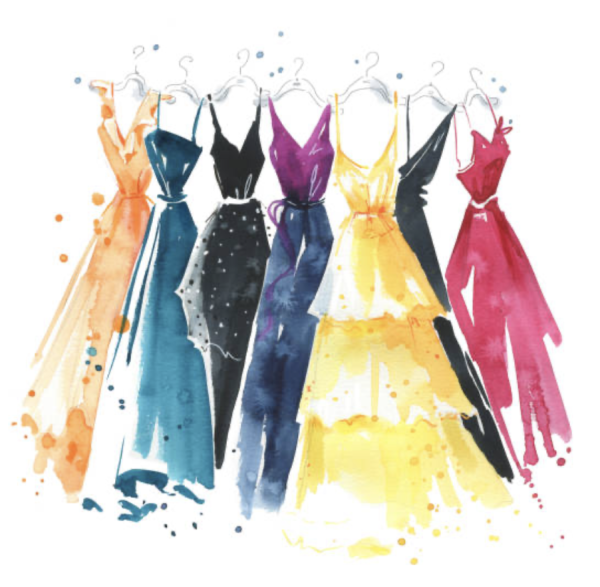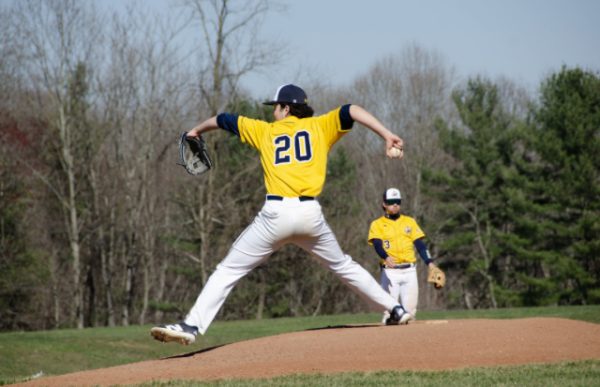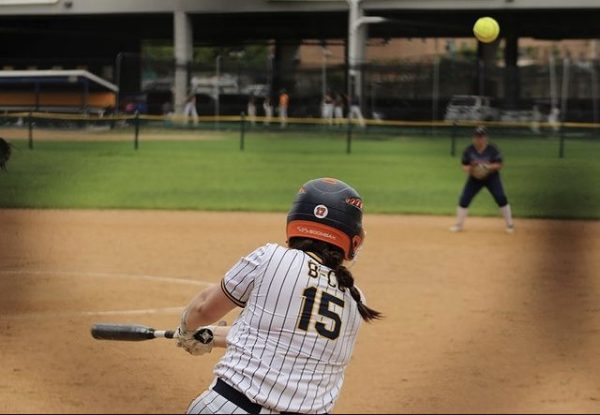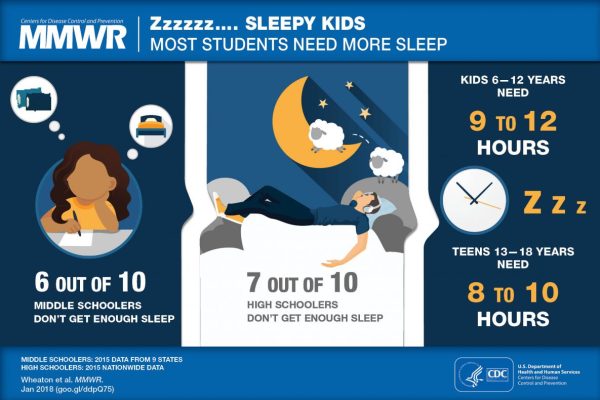The Relationship between Athletes and Substance Abuse
Research has shown that substance abuse among athletes is lower than that of students who don’t play sports.
March 10, 2023
Muhammed Ali once said that the central part of his boxing training was “dodging the night clubs, the parties, and the girls,” keeping him focused on boxing and in shape for upcoming matches.
Many students follow his path, not drinking or smoking at social events because they have early sports games in the morning, keeping their health and performance at games the priority. Research has shown that substance abuse among athletes is lower than that of students who don’t play sports. According to Reuters, while 23% of students who do not play a sport have smoked marijuana, only 15 to 17% of athletes have smoked.
Jack Heintz, a senior who committed to Bucknell for soccer, explains, “I can’t go out as late and can’t drink on weekends when I have a game [the next morning].” He added, “I still have a decently active social life, but it is something I have to manage and limit at times.”
While sports take up a big part of people’s lives, some are not willing to have that get in the way of their social life and behaviors.
An anonymous junior shares, “I’m a benchwarmer, so at the end of the day, it doesn’t matter. Whenever I’m out- choosing to drink and smoke, sports is not a factor in my decisions.”
On the other hand, one athlete believes that they are a better player when under the influence. They confided to The Tattler, “There were times where I would show up to games after having a few drinks. Those games I felt less anxious and played with more confidence.” They continued to say, “I was told after multiple of these games [that] I played better than normal.”
Another student-athlete who wishes to remain anonymous shared he doesn’t smoke and only drinks occasionally. Soccer involves much running and physical activity, so he wants to make sure his lungs are healthy. The student shared, “a good amount of the time I am actually playing [soccer] instead of partying or drinking with friends.” He adds, “so, I would say I just have less of an opportunity to [drink and smoke].”
Senior Eli Wortman recalls, “When I was ten, and watched a video on why Bryce Harper was the best baseball player, the big reason they suggested was that he doesn’t drink or smoke. I then promised myself that I would never do it.”
However, he adds that while he doesn’t drink or smoke, he never feels pressured by friends or people around him to do so. Wortman goes to social events with peers who are drinking and smoking but does not experience peer pressure to join.
On a less serious note, Wortman adds, “I also enjoy not having to deal with hangovers on Sundays.”






